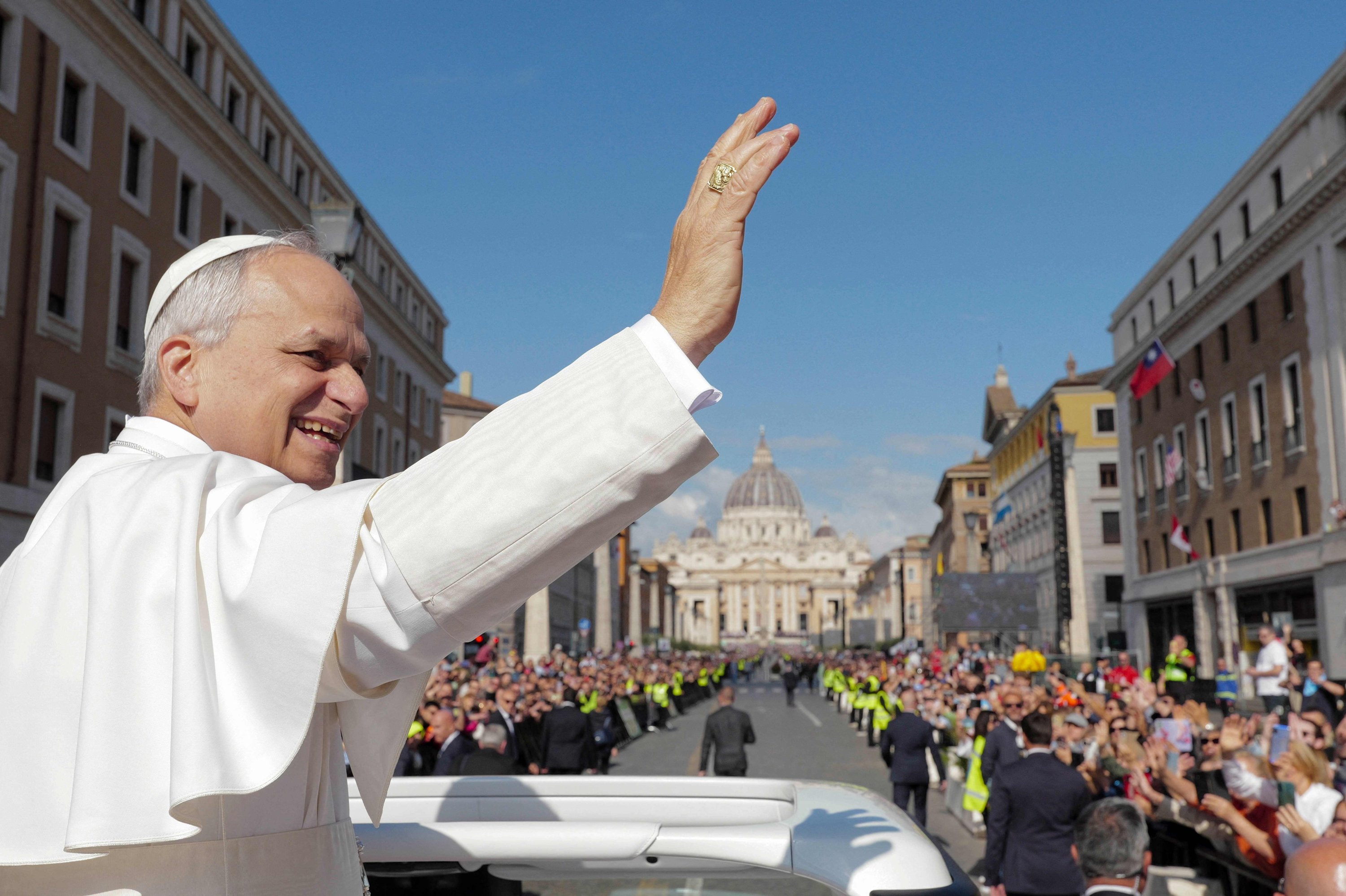Colombia and the Holy See celebrate 190 years of relations by reflecting on sustainability.

The celebration of 190 years of relations between Colombia and the Holy See motivated a multilateral meeting between the Latin American Church, the Colombian State and academia , around just transitions and the role of the Church in building a Latin American vision of sustainable social, economic and environmental development .
“The ecological crisis challenges us to rethink the common good and to cultivate social dialogue around integral ecology,” said Brazilian Cardinal Jaime Spengler, President of the Latin American Episcopal Council (CELAM) , at the beginning of his speech at the academic event sponsored by the Colombian Embassy to the Holy See on June 11 at the Pontifical Gregorian University.
Indeed, “there is very little dialogue around us; it is often replaced by shouting,” Spengler continued, recalling Pope Leo XIV’s concern for integral ecology with justice, and commemorating the many men and women who have been martyred throughout the continent for their work “promoting the common good, caring for our common home, and protecting the fragile foundation of democracy in different sociopolitical and economic contexts.”
Therefore, from the perspective of the Latin American Church, "embracing the necessary just transitions means recognizing that climate change is a reality that is expanding exponentially in our region ." This is not a theoretical or speculative issue. "It is a global social problem that is intimately related to the dignity of human life," as Pope Francis once stated, and "environmental indicators and scientific information indicate that we are approaching a climate collapse with no return ." "The effects can already be felt in health, biodiversity, and the economy," Cardinal Spengler maintained, recalling with sorrow the floods that his Archdiocese of Porto Alegre and the entire region of Rio Grande do Sul, Brazil, suffered last year.

Pope Leo XIV tours the Vatican and greets the faithful. Photo: AFP
Faced with this, "urgent structural changes are required!" the President of CELAM emphasized. Looking ahead to COP30, which will take place in the Brazilian Amazon, in Belém do Pará, he proposed "the need to strengthen, especially in the Global South, a prophetic position anchored in our commitment to socio-environmental justice and denouncing false climate solutions ." It is clear that "current measures are not up to the task or do not correspond to the rapidity of climate impacts," he said.
Specifically, the Brazilian cardinal proposed five commitments to be made at COP30: (1) sobriety as resistance to consumerism; (2) education for ecological conversion; (3) strengthening local communities; (4) ongoing dialogue with the scientific community; and (5) promoting narratives of hope and care for our common home .
The event also included the participation of the rector of the Pontifical Gregorian University, Fr. Mark Lewis, and representatives of the three Colombian embassies in Italy, as well as several members of the diplomatic corps of Latin American countries to the Holy See, professors, and researchers. It was coordinated by the chargé d'affaires of the Colombian Embassy to the Holy See, Oscar Iván Echeverry Vásquez.

The flag of Vatican City Photo: iStock
An academic panel was also held, moderated by Dr. Emilce Cuda, Secretary of the Pontifical Commission for Latin America, with the participation of Mauricio Jaramillo Jassir, Vice Minister of Multilateral Affairs of the Colombian Ministry of Foreign Affairs; María Adelaida Farah, Academic Vice Rector of the Pontifical Javeriana University of Colombia; and Brazilian Jesuit Adelson Araújo dos Santos, professor at the Pontifical Gregorian University, in addition to the President of CELAM.
In their interventions, they agreed on the need to adopt a critical stance toward the current economic paradigm, assuming that "just transitions" around integral ecology must be approached from a perspective of pluralism, inclusion, dialogue of knowledge, and multilateralism . "These are irreversible transitions," affirmed Vice Minister Jaramillo, emphasizing that "in the search for solutions, the Church has had a transcendental position, and Laudato Si ' is proof of this, in the search for greater economic and social equity, for sustainable models to reduce inequalities with a democratic perspective and restoring ecosystems."
For Time | @OscarElizaldeP
* PhD in Social Communication. Consultant to the Vatican's Dicastery for Communication.
eltiempo





